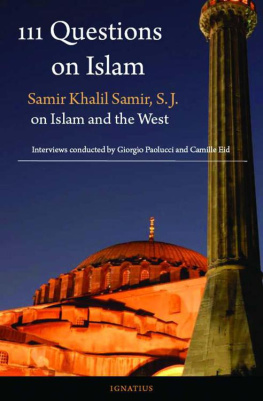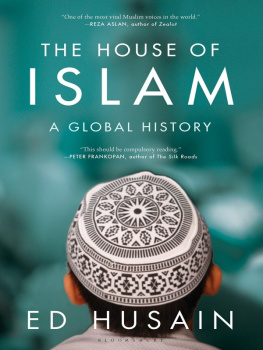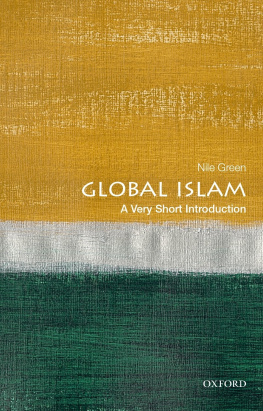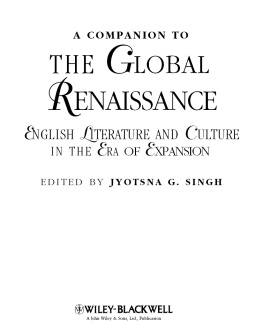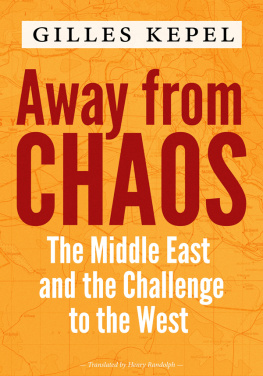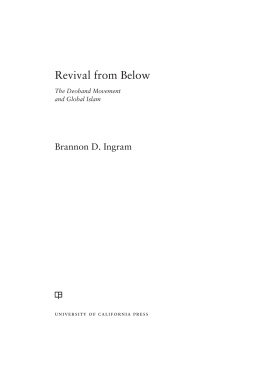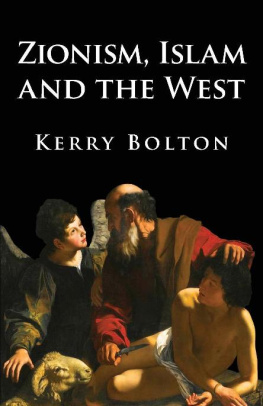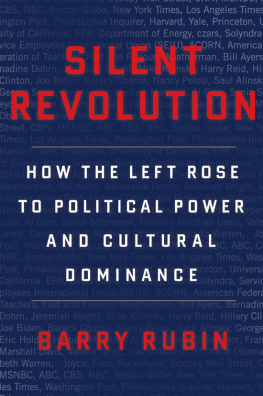The Chrysalis Effect shows that the chaos and conflict experienced worldwide today are the result of a global cultural metamorphosis, one which has accelerated so rapidly in recent decades as to provoke fierce resistance. Many of the changes that have taken place in the last fifty years the feminist movement, the rapid spread of democracy, the global economy, quantum physics, minority movements, the peace movement, the sexual revolution are part of this cultural transformation. Contrary to accepted opinion, the conflict it engenders is not a struggle between Left and Right, or between the West and Islam, but one taking place within the Left, within the Right, within the West, within Islam, within everyone and every institution.
Currently, the world is in the middle of an adaptive process, moving toward a cultural ethos more appropriate to a species living in a shrinking world and in danger of destroying its habitat a world that increasingly demands for its survival integrative thinking, unlimited communication, and global cooperation.
Award-winning author Philip Slater explains the metamorphosis of global culture through the analogy of the transition from caterpillar to butterfly the Chrysalis Effect whereby by old cultural assumptions are challenged and innovations are seen as a social ill, a critical moral infection, and attacked as such by the upholders of tradition. And when the budding culture replaces the previous one, it doesnt create a new way of being out of nothing, but merely rearranges old patterns to make the new ones.
Today our world is caught in the middle of this disturbing transformative process a process that creates confusion over values, loss of ethical certainty, and a bewildering lack of consensus about almost everything. The Chrysalis Effect provides an answer to the question: Why is the world in such a mess?
Philip Slater died in June 2013. He was the author of the bestseller The Pursuit of Loneliness, and nine other nonfiction books, including Wealth Addiction and A Dream Deferred, as well as a novel, How I Saved the World. He wrote twenty plays, and taught writing and playwriting at UCSC and in private workshops since 1989. His blogs appeared frequently in The Huffington Post.
Theres no other way to put it: The Chrysalis Effect is the most brilliant tour de force of this decade. It is, and will continue to be, the most powerful and original analysis of this centurys planetary vertigo. Without exaggeration, Slaters path-breaking illumination of our global state of mind can be compared only with the work of a Gibbon, or Toynbee or Plutarch. Its that profound and should be the most widely read book for years to come. Professor Warren Bennis, University of Southern California, author of Transparency and Judgment
Beautifully written, this wide-ranging book is full of fascinating information and trenchant insights. The Chrysalis Effect is an important contribution to the cultural transformation urgently needed today. Riane Eisler, author of The Chalice and The Blade and The Real Wealth of Nations
Philip Slater has once again pointed the way to a more humane future by uncovering the cultural roots of todays discontents. His analysis of the waning Control Culture and the rising Integrative Culture is penetrating and all-encompassing, helping us gain insight into the biggest problems and the most intimate of family relationships. He brilliantly demonstrates the principles of Integrative Culture in actionthat all things are indeed connected in the network age. Rosabeth Kanter, author of Confidence and America the Principled
Philip Slater is always worth a good deep reading, and this time, though I have my differences, he is in fine visionary form, drawing on a huge range of material and experience to make a big statement about the main forces at work in the world. Among its other virtues, his new book is encouragingnot something that can be said about much in circulation these days. This book ought to launch a thousand necessary discussions. Todd Gitlin, author of The Intellectuals and the Flag, and The Bulldozer and the Big Ten
Driving the political debates that dominate the daily news are deeper cultural choices that must be considered. Slater does so with lucidity that is engaging and wise. Jerold Starr, author of Air Wars: The Fight to Reclaim Public Broadcasting
Philip Slaters The Chrysalis Effect overflows with gems of insight and surprise. Rarely have I dog-eared so many pages! Let this engrossing book cast its spell on you and youll see the world anew. Frances Moore Lapp, author of Getting a Grip: Clarity, Creativity and Courage in a World Gone Mad
Philip Slater is one of the most keenly observant, forward-thinking, and courageous social commentators of our time or any time. He has an almost magical ability to alter the way in which we see and understand, and he does precisely that in his newest, and perhaps most provocative, book, The Chrysalis Effect. This is a transformative work that speaks the truth about the inevitable end of the dominant paradigm that shapes the strategies of organizations and nations, and of the emergence of an altogether new worldviewnot because of some cataclysmic event, but because of the natural progression of living things. Its a wise, audacious, challenging, and unsettling workbut in the end, Slater offers a hopeful and sane alternative to the often bleak and unreasonable options that many suggest. This book will alter the nature of all your future conversations about leadership and organizations. Jim Kouzes, award-winning co-author of the bestselling book, The Leadership Challenge; and the Deans Executive Professor of Leadership, Leavey School of Business, Santa Clara University
Copyright Philip Slater, 2009; 2010, 2014.
Published in the Sussex Academic e-Library, 2014.
SUSSEX ACADEMIC PRESS
PO Box 139
Eastbourne BN24 9BP, UK
and simultaneously in the United States of America and Canada
All rights reserved. Except for the quotation of short passages for the purposes of criticism and review, no part of this publication may be reproduced, stored in a retrieval system, or transmitted, in any form or by any means, electronic, mechanical, photocopying, recording or otherwise, without the prior permission of the publisher.
British Library Cataloguing in Publication Data
A CIP catalogue record for this book is available from the British Library.
Library of Congress Cataloging-in-Publication Data
Slater, Philip Elliot.
The chrysalis effect : the metamorphosis of global culture / Philip Slater.
p. cm.
Includes bibliographical references and index.
ISBN 978-1-84519-311-9 (pbk. : alk. paper)
ISBN 978-1-78284-088-6 (e-pdf)
ISBN 978-1-78284-089-3 (e-pub)
ISBN 978-1-78284-090-9 (e-mobi)
1. Social change. 2. GlobalizationSocial aspects. 3. MetamorphosisSocial aspects. 4. Social history1970- 5. Civilization, Modern19506. Social changeUnited States. 7. Globalization--Social aspectsUnited States. 8. MetamorphosisSocial aspectsUnited States. 9. United StatesSocial conditions1980- 10. United StatesCivilization1970-
I. Title.
HM831.S58 2009
306.01dc22


